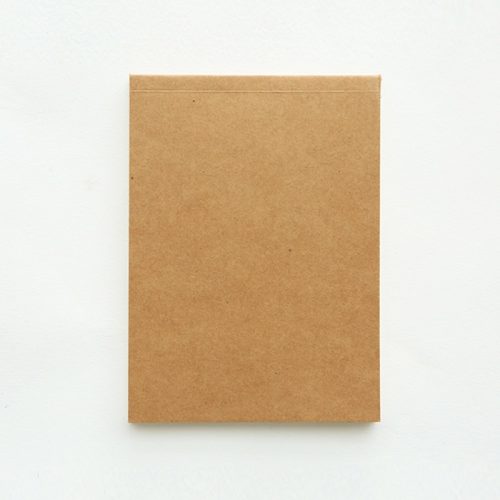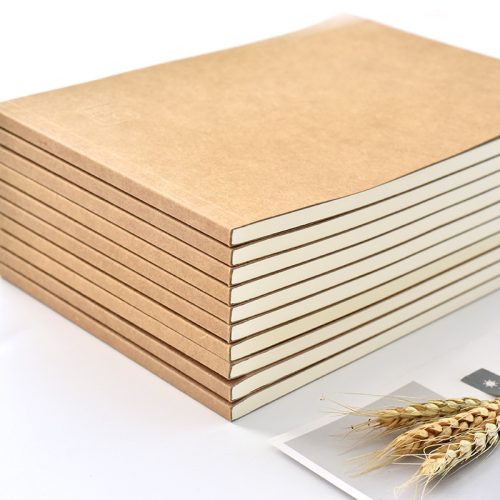Mechanical pencils and traditional (wooden) pencils each have their own set of advantages, and the choice between them often depends on personal preferences and specific needs. Here are the pros of both mechanical and traditional pencils:
Mechanical Pencils:
- Precision and Consistency: Mechanical pencils offer consistent line width, making them ideal for tasks that require precision, such as technical drawing, drafting, and mathematics.
- No Sharpening: Mechanical pencils do not require sharpening, which eliminates the need for a sharpener and reduces waste. This makes them convenient for on-the-go use.
- Refillable: Mechanical pencils are refillable, allowing you to replace the lead when it runs out. This makes them cost-effective in the long run compared to traditional pencils that need frequent sharpening.
- Variety of Lead Sizes: Mechanical pencils come in various lead sizes (e.g., 0.5mm, 0.7mm, 0.9mm, etc.), allowing you to choose the thickness that suits your needs.
- Erasability: Many mechanical pencils come with erasers that are typically more effective than the erasers on traditional pencils. Some even have replaceable erasers.
- Less Mess: Since mechanical pencils don’t require sharpening, they produce less waste in the form of wood shavings and are less messy.
Traditional (Wooden) Pencils:
- Versatility: Traditional pencils come in a wide range of grades, from hard (H) to soft (B), making them versatile for various artistic and writing tasks. Different grades allow for different line thicknesses and shading effects.
- Artistic Flexibility: Traditional pencils are preferred by many artists for sketching, shading, and drawing due to their ability to create a wide range of textures and effects. They are excellent for expressive and artistic work.
- Nostalgia and Tradition: Traditional pencils have a sense of nostalgia and history, making them appealing to those who appreciate the classic feel of pencil on paper.
- No Mechanical Parts: Traditional pencils have no mechanical parts that can break or malfunction. They are simple and reliable tools that don’t require additional maintenance.
- Affordability: Wooden pencils are often more affordable than quality mechanical pencils, making them accessible to a wide range of users.
- Environmental Considerations: Traditional pencils are typically made from sustainable wood sources and are biodegradable, which can be more environmentally friendly than disposable mechanical pencil components.
In conclusion, the choice between mechanical pencils and traditional pencils depends on your specific needs and preferences. Mechanical pencils are great for precise tasks, convenience, and cost-effectiveness, while traditional pencils excel in artistic versatility, nostalgia, and environmental considerations. Many artists and writers choose to use both types of pencils, selecting the one that best suits their current task or artistic style.


